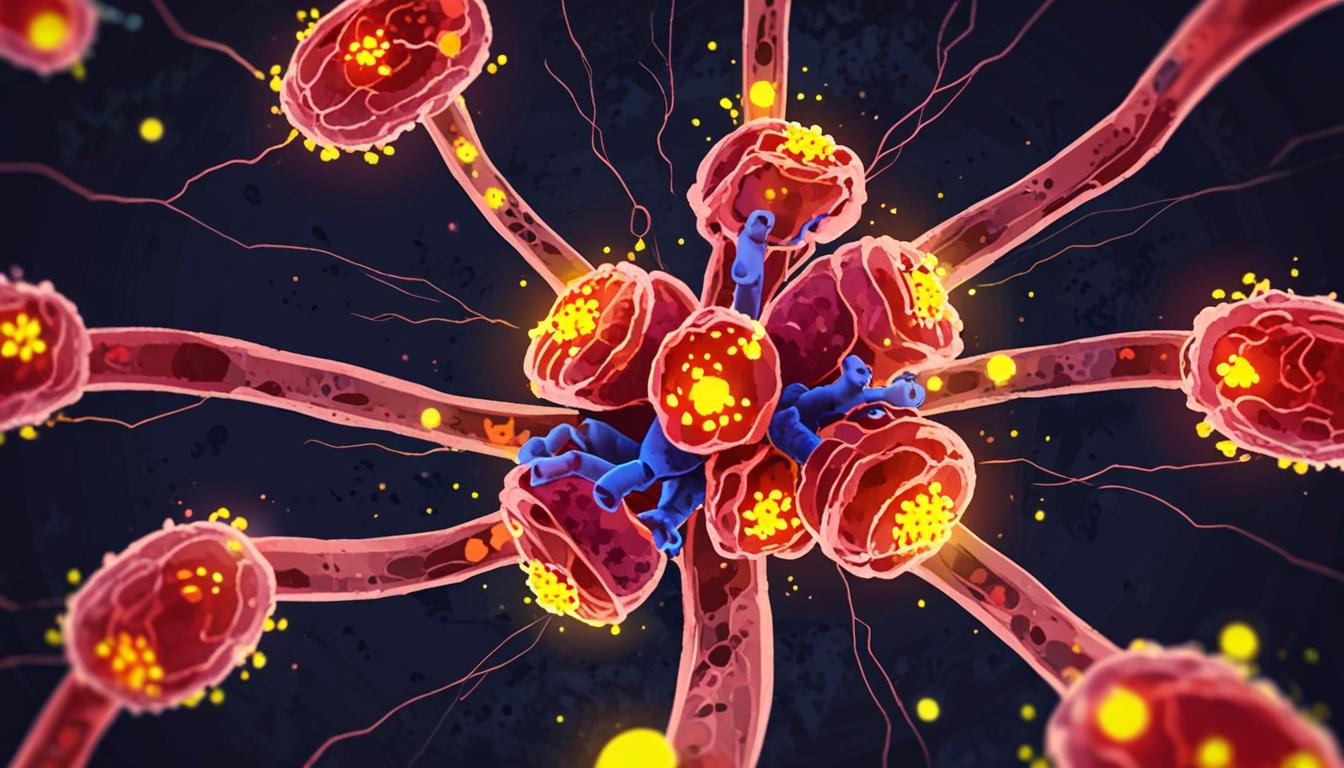As the UK faces the onset of allergy season, approximately one in four residents — around 16 million people — are expected to experience symptoms of seasonal allergic rhinitis, commonly known as hayfever. The Met Office highlights the prevalence of this condition, which ranges from mild discomfort to more intense reactions such as swelling, headaches, and severe throat irritation. Contemporary climate conditions, including longer and more intense pollen seasons driven by global temperature changes, have exacerbated the concerns of those affected.
Emerging scientific evidence is drawing connections between hayfever and the health of the gut microbiome, revealing a complex interaction between digestive health and the immune system’s response to allergens. According to Kristen Stavridis, a nutritionist at Biotiful, “70-80 per cent of immune cells can be found within the gut which means that a healthy gut supports a functioning immune system.” She explains that a balanced and diverse gut microbiome aids optimal immune function and helps the body distinguish between harmless substances, like pollen, and genuine threats, thereby moderating allergic reactions.
Dr Adam Perlman, chief medical officer at Pendulum Therapeutics, elaborates on the immune system's role in the gut, stating, “Most of your immune cells are concentrated in a part of the gut called the gut-associated lymphoid tissue (GALT),” which works to process external factors, such as pollen, to guide appropriate immune responses. Imbalances in gut bacteria, caused by a deficiency in beneficial strains such as akkermansia muciniphila and clostridium butyricum, can compromise the gut barrier and disrupt immune signaling.
For those seeking to support their immune system through gut health, dietary approaches are recommended. Stavridis suggests that consuming probiotic-rich and prebiotic foods, particularly those high in fibre, can promote a healthier gut microbiome. Fermented foods such as kefir, kimchi, and kombucha introduce live bacteria that support gut function and immune system activity. “Adding just one portion of fermented foods to your diet each day can help your body reduce inflammation of the immune system more effectively and reduce your body’s response to allergens,” she notes.
The importance of fibre is underscored as it nourishes beneficial gut bacteria, stimulating their growth and activity. Stavridis advises consuming a variety of plant-based foods, including fruits, vegetables, beans, pulses, and legumes, to foster immune resilience. Probiotic supplements might also be considered but should be undertaken with medical advice, especially for individuals with underlying health conditions.
In addition to diet, environmental and lifestyle factors play significant roles in mitigating hayfever symptoms. During high pollen periods, particularly on dry and windy days, it is advisable to keep windows closed and use air purifiers to control indoor air quality. Personal hygiene measures, such as washing clothes and face after outdoor exposure, can also reduce pollen contact.
Stress management is another critical factor, given that chronic stress can negatively affect the gut-brain axis and consequently impair immune function. Keeping stress levels in check may help maintain the balance of the microbiome and improve overall immune responses.
For monitoring progress, experts recommend tracking symptoms alongside dietary and lifestyle changes to assess improvements in hayfever and gut health. Using a daily scoring system and noting food intake, fibre consumption, probiotic use, and stress levels can offer insight into how these variables influence allergy severity.
The Independent is reporting on the growing scientific interest in the link between gut health and immune function, highlighting practical dietary and environmental strategies that could contribute to the management of hayfever symptoms amidst changing climatic conditions.
Source: Noah Wire Services
